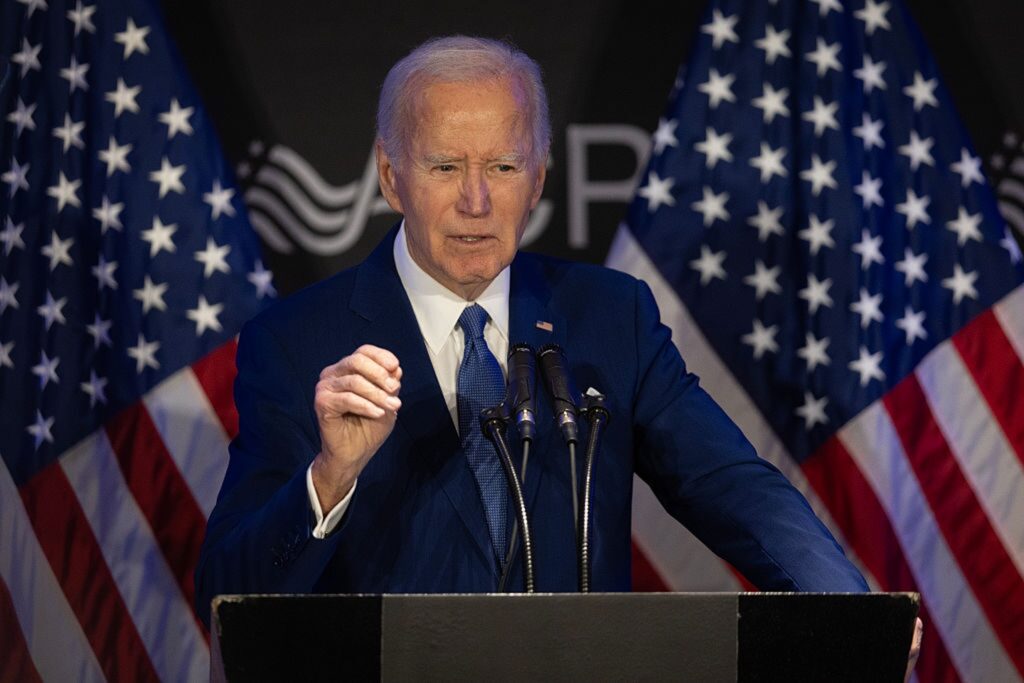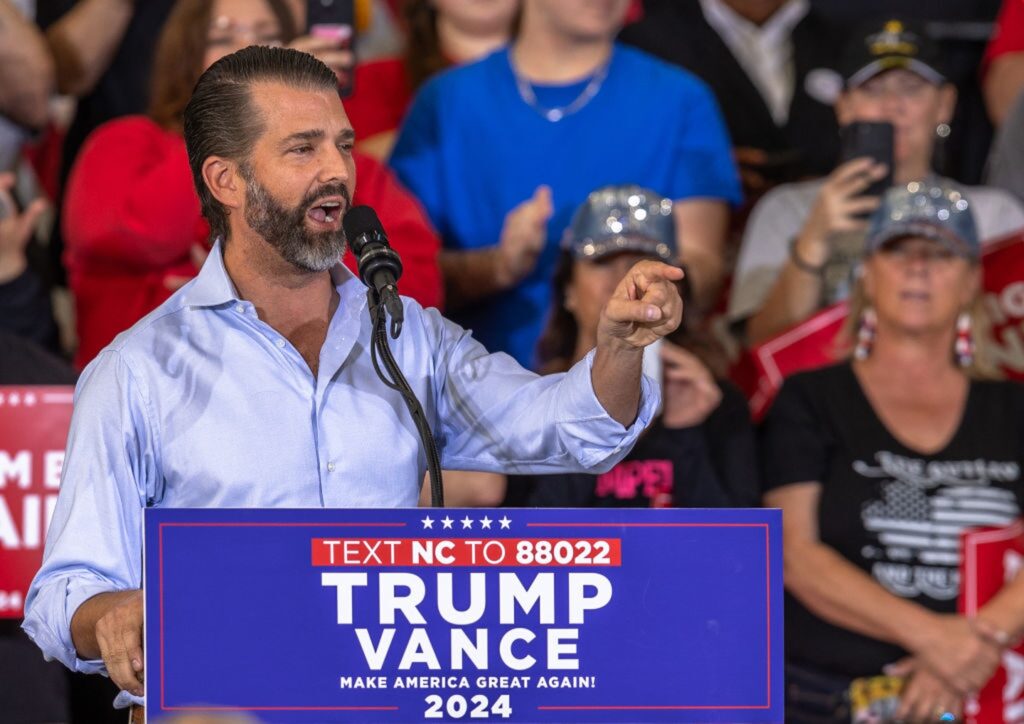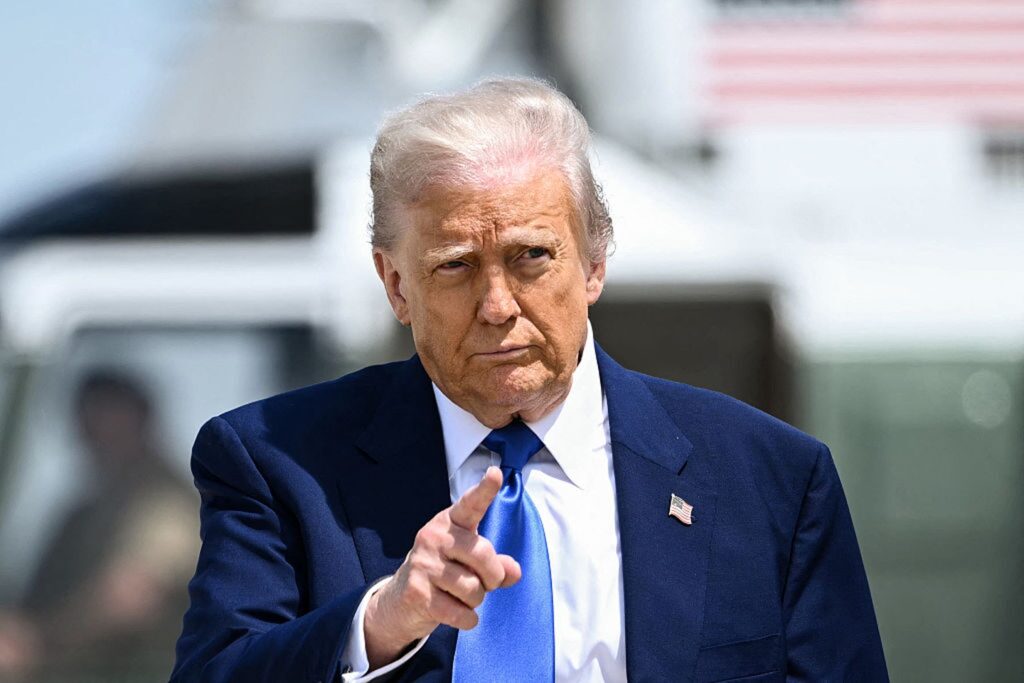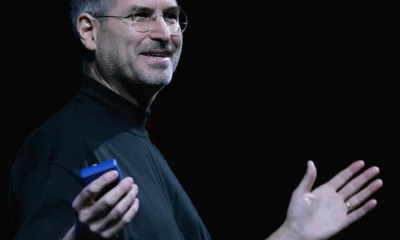Blog
Trump Jr. Faces Backlash Over “Vile” Biden Cancer Comment
Donald Trump Jr. has sparked a national controversy with a comment that many have deemed deeply inappropriate and insensitive following news of Joe Biden’s prostate cancer diagnosis. His remarks, posted on social media, have ignited heated debate across political lines, raising urgent questions about the limits of political discourse, the impact of social media, and the importance of empathy in public life.

Biden’s Diagnosis: A Stark Reality Check
On May 18, 2025, the Biden family announced that the former president had been diagnosed with an advanced form of prostate cancer. According to medical reports, Biden’s cancer had reached a Gleason score of 9 (Grade Group 5) — the most aggressive form — and had spread to his bones.
Experts say this kind of diagnosis is serious but not necessarily a death sentence, as hormone-sensitive prostate cancer can respond well to targeted therapies. However, the prognosis often depends on how early it’s detected and how well the disease responds to treatment.
White House medical staff emphasized that Biden’s overall health was being closely monitored and that he had a robust care team in place. Nevertheless, the announcement brought a wave of concern and prompted messages of support from across the political spectrum.
Trump Jr.’s Response: Outrage Over a Lack of Compassion

In stark contrast to the wave of support, Donald Trump Jr.’s social media reaction struck a sour note. Instead of offering words of encouragement, he posted a tweet implying that Jill Biden should have somehow “caught” the cancer earlier or that there might be a “coverup” at play:
“What I want to know is how Dr. Jill Biden missed stage five metastatic cancer, or is this yet another coverup???”
Medical experts and everyday Americans alike were quick to point out that his remark was not only medically inaccurate — there is no such thing as stage five cancer — but also deeply insensitive. Jill Biden holds a doctorate in education, not medicine, and is not responsible for diagnosing or managing her husband’s health.
The Echo Chamber of Outrage: How Social Media Amplifies Insensitivity
Within minutes, Trump Jr.’s comments went viral. Critics labeled them “vile,” “cruel,” and “un-American.” Social media platforms like Twitter, Threads, and Facebook exploded with responses condemning his lack of empathy and accusing him of turning a personal tragedy into a political attack.
One user posted:
“Imagine attacking a family during their cancer battle. This isn’t politics — it’s heartless. You can’t stoop any lower.”
Another wrote:
“Blaming Jill Biden is not just factually wrong but morally repugnant. Cancer doesn’t care about your politics.”
The episode highlighted how social media can magnify moments of incivility, turning an ill-considered comment into a national flashpoint within hours.
The Political Context: A History of Health as a Political Football
This is not the first time a politician’s health has become a subject of public controversy. American political history is filled with episodes where illness, age, or medical concerns have become fodder for opponents.
- Ronald Reagan’s Alzheimer’s Disease: After leaving office, Reagan announced his Alzheimer’s diagnosis. Some critics argued that symptoms may have emerged during his presidency, sparking debate about transparency and fitness for office.
- Hillary Clinton’s Pneumonia: During the 2016 campaign, Clinton’s fainting episode led to fevered speculation about her health, even as her team insisted it was a treatable case of pneumonia.
- John McCain’s Brain Cancer: The late senator’s glioblastoma diagnosis in 2017 saw an outpouring of bipartisan sympathy — a reminder that serious illness often transcends political lines.
However, Trump Jr.’s response to Biden’s cancer stands out for its accusatory tone and perceived callousness, rather than empathy or concern.
The Human Dimension: Prostate Cancer’s Heavy Toll
Prostate cancer is the second leading cause of cancer-related death in men in the United States. The American Cancer Society estimates that one in eight men will be diagnosed during their lifetime. When detected early, survival rates are high — over 99% for localized cases — but once the cancer has spread to distant parts of the body, the survival rate drops to around 32%.
Metastatic prostate cancer often requires hormone therapy, chemotherapy, or advanced treatments like immunotherapy. Even with modern medicine, the journey is fraught with physical and emotional challenges, underscoring the need for support rather than scorn.
When Politics Crosses a Line: The Ethics of Commenting on Health
Critics argue that Trump Jr.’s comment represents a broader trend of dehumanizing rhetoric in modern politics. Health crises are intensely personal moments that test the strength of families and communities. Using them as opportunities for political point-scoring not only erodes empathy but also undermines the dignity of those affected.
Dr. Susan Hall, an ethicist at Georgetown University, told reporters:
“We’re at a point where politics feels like a blood sport — but there has to be a line. Health issues, particularly cancer, should be occasions for compassion, not cruelty.”

Trump Jr.’s Mixed Messaging: A Confusing Attempt at Empathy?
Interestingly, hours before his inflammatory tweet, Donald Trump Jr. had shared a more supportive message:
“BREAKING: Joe Biden has been diagnosed with prostate cancer. Politics aside, we wish him a speedy recovery!”
This contradictory messaging has left many observers scratching their heads. Some wonder whether his subsequent comment was a misguided attempt at humor, a genuine slip, or a deliberate provocation. Regardless, the damage to his reputation was swift and widespread.
A Divided America: What This Episode Reveals
The controversy highlights the deep polarization in America today. For some, Trump Jr.’s comment was yet another example of cruelty in politics; for others, it was just another skirmish in an endless partisan battle. Yet beyond the headlines, the episode raises urgent questions about how we treat one another, particularly in times of personal crisis.
Do we allow our partisan instincts to override basic human decency? Or can we find ways to set aside political differences, if only for a moment, to extend a hand of compassion to those facing life’s hardest challenges?
Conclusion: Lessons for Leaders and Citizens Alike
Donald Trump Jr.’s comments on Joe Biden’s cancer diagnosis have sparked outrage and debate, but they also serve as a stark reminder of the power — and responsibility — that comes with a public platform. Words matter. They can build bridges or burn them, offer hope or sow division.
As Biden embarks on his cancer treatment journey, the nation has an opportunity to reflect on how we respond to the challenges faced by our leaders and fellow citizens alike. Compassion, empathy, and respect should never be partisan.
In the end, this controversy is about more than one man’s words; it’s about the kind of country we want to be. A country where even in the midst of political rivalry, we can stand together when one of our faces a battle no one should have to fight alone.
FAQs
Joe Biden was diagnosed with aggressive prostate cancer, Grade Group 5.
He made controversial and widely criticized remarks questioning Jill Biden’s awareness of the cancer.
Many called his remarks insensitive, offensive, and inappropriate.
No, Jill Biden holds a doctorate in education, not medicine.
-

 Blog4 years ago
Blog4 years ago10 Celebrities and Their Equally Gorgeous Siblings
-

 Blog4 years ago
Blog4 years agoThe highest-paid actors of all time are living large
-

 Blog4 years ago
Blog4 years agoHollywood Stars’ Instagram Photos viciously replayed
-

 Blog4 years ago
Blog4 years agoUpsetting And Creepy Facts We Wish We Could Erase From Our Memory
-

 Blog4 years ago
Blog4 years agoBecome Star Quality With These Celebrity Morning Routines
-

 Blog4 years ago
Blog4 years agoSome of Hollywood’s best-known movies have secrets that will shock you
-

 Blog4 years ago
Blog4 years agoThese Celebrity Couples Did Some Bizaree Things In The Name Of Love
-

 Blog4 years ago
Blog4 years agoUsing Everyday Items These People Made The Most Amazing DIY Creations
